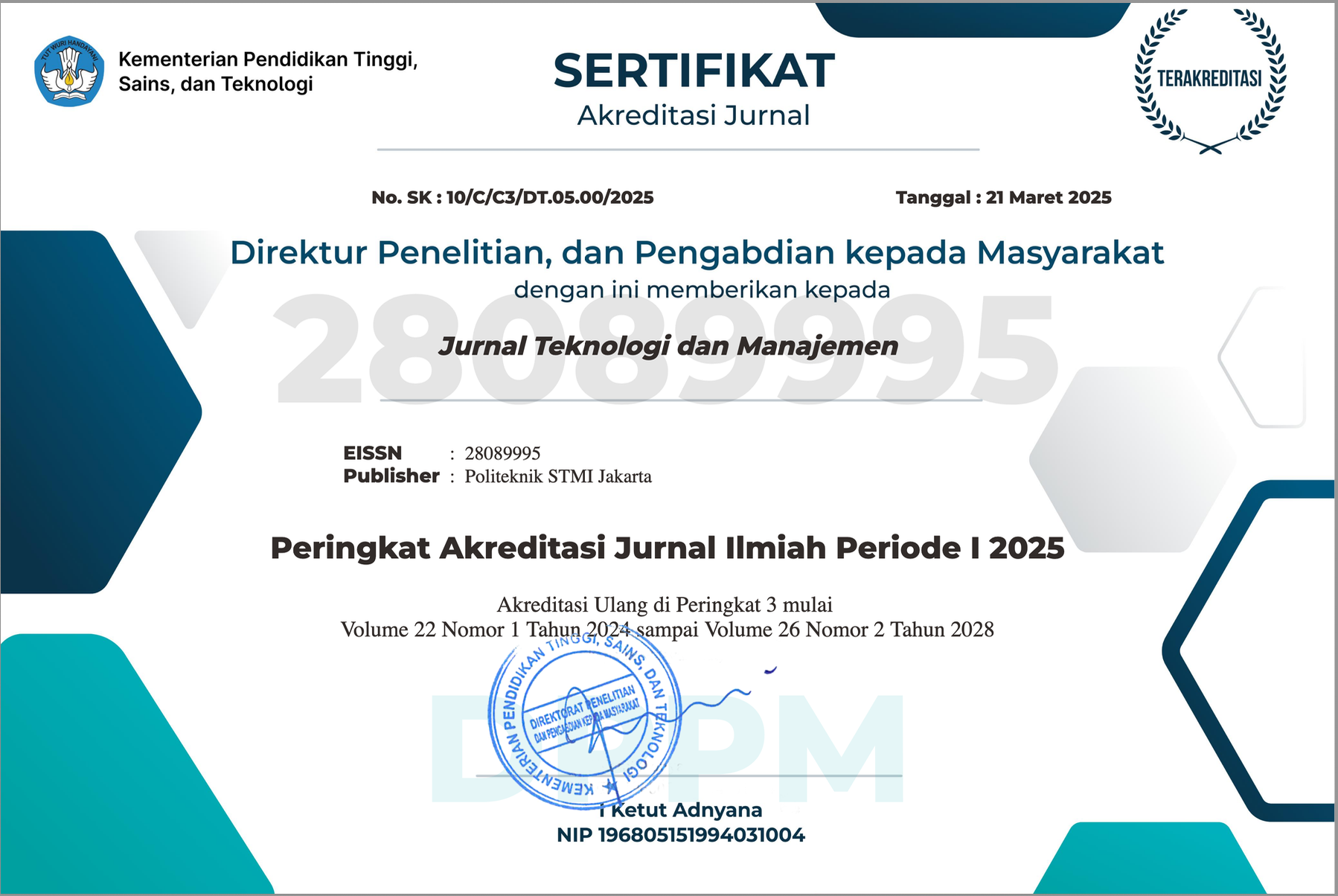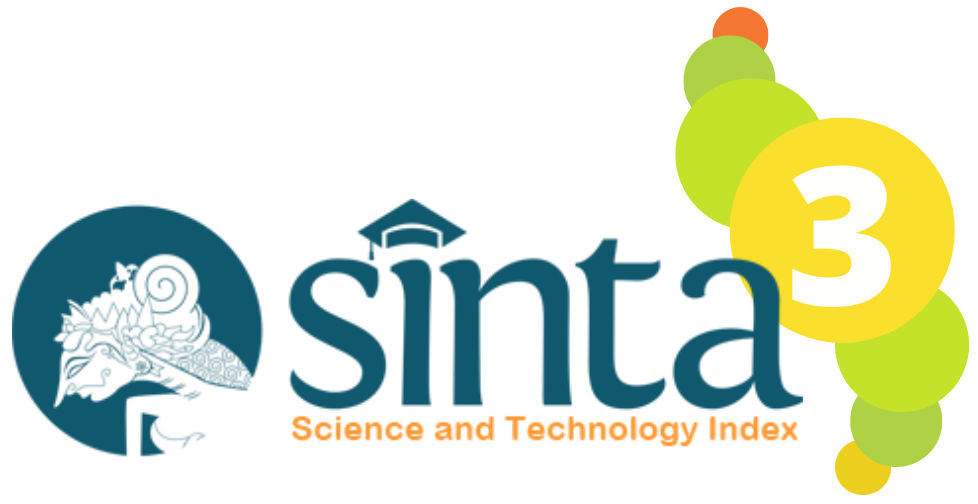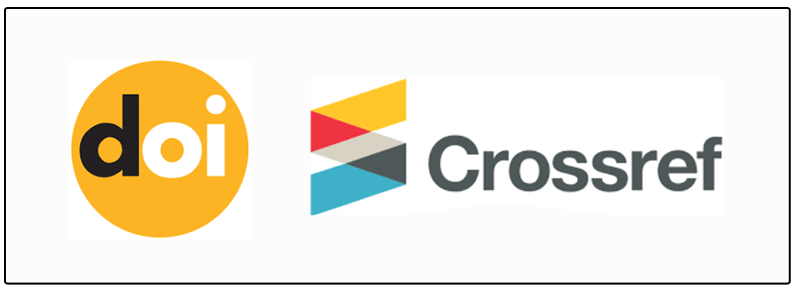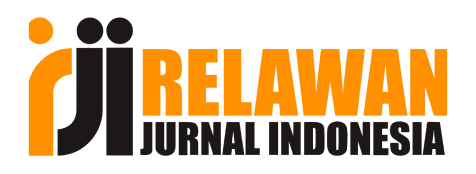Model Of Digital Transformation In Wholesale Consumer Goods: Case Study In Babelan District
DOI:
https://doi.org/10.52330/jtm.v22i2.265Keywords:
SMEs, Wholesale, conventional system, digital transformationAbstract
Small and Medium Industry (SMEs) is one type of business that has experienced a fairly developed growth valuation. Consumer goods wholesale SMEs have experienced rapid growth in the sales sector, specifically in the Babelan sub-district the consumer goods wholesale industry still uses a manual control system in running its business. The sales process with the Conventional System is carried out starting from stock control, sales activity control, sales process, cashier and revenue generation is still done manually. The manual control process causes a slow counting process, and a long process of re- ordering goods and losing assets. The solution needed at this time is the creation of a framework for Digital Transformation Steps in the sales process to facilitate the control of wholesale consumer goods business processes. The digital transformation framework is expected to modernize the sales process starting from the cashier system, revenue control system, sales activity control process and make it easier for wholesalers to order goods. This applied research is expected to be able to provide suggestions for wholesale consumer goods businesses in running their business in a more efficient and practical direction and can be a recommendation to be able to carry out a digitally transformed sales process.
References
Achmad Achmad Solechan, T. W. (2023). Digital Transformation in MSMEs in Improving Market Competitiveness. UPGRIS Informatics Journal, 9(1),15-20. https://doi.org/10.26877/jiu.v9i1.15096
Evans E.W. Tulungen, D. P. (2022). Digital Transformation: The Role of Digital Leadership. EMBA Journal, 10(2), 1116-1123. https://doi.org/10.35794/emba.v10i2.41399
Fourika Dela Putriana, B. S. (2022). The Impact of Digitalization on Islamic Financial Institutions: Website-Based Financing System Services. AT- TIJARAH: Journal of Islamic Finance and Banking Research, 4(2), 89-119. https://doi.org/10.52490/attijarah.v4i2.478
Hasbullah Hasbullah, S. A. (2021). Developing 14.0 Readiness Index for Factory Option in Indonesia to Enhance INDI 4.0. International Journal on Advanced Science Engineering Information Technology, 11(4), 1668-1677. http://dx.doi.org/10.18517/ijaseit.11.4.14280
Hasbullah Hasbullah, S. A. (2021). The Framework Model of Digital Cooperative to Explore Economic Potential in Higher Education. SYNERGY, 25(2), 195 206. http://dx.doi.org/10.22441/sinergi.2021.2.011
Hasbullah Hasbullah, S. A. (2024). Identifying Weaknesses and Strength of Existing 14.0 Readiness Indices to Enhance INDI 14.0. SINERGI, 28(1), 129-140. http://dx.doi.org/10.22441/sinergi.2024.1.013
Hasnawiya Hasan, H. M. (2022). Pemberdayaan Masyarakat UMKM Sulawesi dalam Implementasi Digitalisasi UMKM (Sulawesi MSME Community Empowerment in the Implementation of MSME Digitalization). Yumary: Jurnal Pengabdian Kepada Masyarakat, 3(1), 43-50. https://doi.org/10.35912/yumary.v3i1.1225
Ni Made Widnyani, N. L. (2021). Penerapan Transformasi Digital Pada UKM Selama Pandemi Covid-19 di Kota Denpasar. Jurnal Ilmiah Manajemen dan Bisnis, 6(1), 79-87. https://doi.org/10.38043/jimb.v6i1.3093
Downloads
Published
How to Cite
Issue
Section
License
Copyright (c) 2024 Jurnal Teknologi dan Manajemen

This work is licensed under a Creative Commons Attribution-NonCommercial 4.0 International License.



















